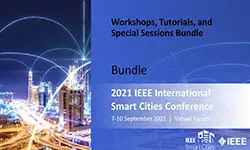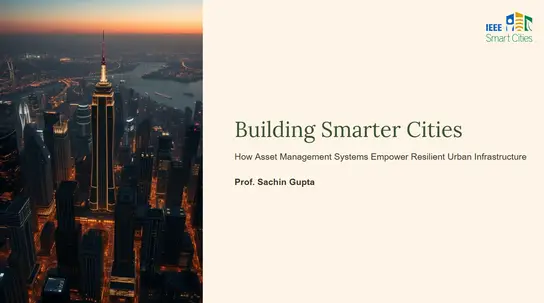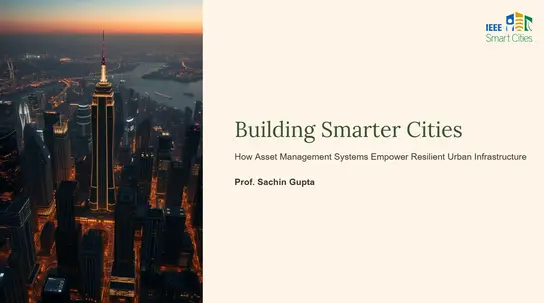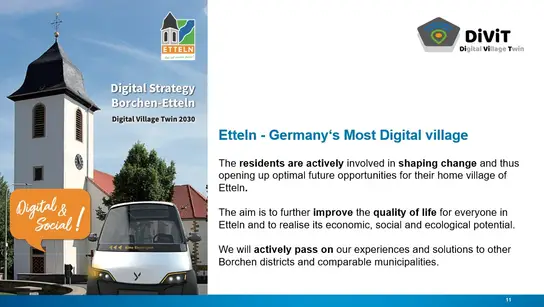-
Members: $15.00Sponsoring Society
IEEE Members: $25.00
Non-members: $40.00Length: 3.5 hours
Tutorial
07 Sep 2021
Internet of Things (IoT) and smart cities enable us to increasingly sense as well as to manipulate our environments. However, such sensing capability and sensed data need to be exploited through intelligent applications and systems. In that direction, we are moving towards intelligent IoT systems. We are also witnessing an architectural shift from cloud-based IoT platforms to edge AI and embedded AI, as the connected objects are growing more powerful. This has also been driven by the need for lower latency, increased privacy, and the need for processing the data near the source. This tutorial will start with a presentation of the current IoT landscape: LoRaWAN, what 5G and Beyond 5G bring for IoT and smart cities. Then it will move to the topic of using machine learning (ML) for IoT and smart cities applications. The focus will be on specific problems and constraints faced and the practical aspects of applying ML to IoT and smart cities. The tutorial will then present Federated Learning (FL), which is one of the paradigms for ML which is suitable for IoT and smart cities. The tutorial will end with an exercise on a Virtual Machine. We will be using ML tools such as jupyter notebook, FL, etc., to build a model. Note that with traditional ML, the data is sent from the device to central servers and can create privacy issues. FL aims to tackle this privacy issue. In the FL setting, an initial model is sent to the devices, then the model is trained on each device with the data present locally, finally, only updates of the global model are sent back to a central server. The server then simply aggregates the multiple updates to build the new version of the global model.
Primary Committee:
IEEE Smart Cities Conferences



